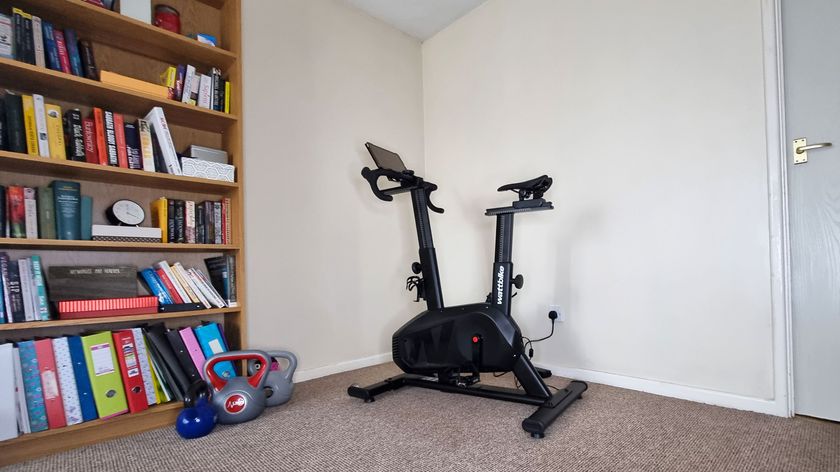Why Overachievers Choke Under Pressure
Perhaps one of the greatest upsets in golf history happened in the 1966 U.S. Open when legend Arnold Palmer who was leading by seven strokes choked in the final nine holes, handing the advantage and ultimate win to Billy Casper.
Even the best players can have a subpar showing on the field. Yet while the sports world is littered with choking incidents like Palmer's, it isn't just athletes who are susceptible to failure in crucial situations. This condition can afflict top students who easily ace every exam but blow the midterm, or a senior vice president who speaks eloquently at conferences but flubs the company seminar.
But why are some high achievers prone to choking?
In "Choke: What the Secrets of the Brain Reveal About Getting It Right When You Have To" (Free Press, 2010), Sian Beilock, an associate professor of psychology at the University of Chicago, details hers and others' research showing how overachievers are high in cognitive horsepower, making them more likely to choke in anxiety-inducing circumstances. [Related: 7 Mental Factors That Are Bad for You]
Brain limits
That high-octane cognition comes from their working memory (linked to a brain region housed in the prefrontal cortex), a type of "mental scratchpad" that allows a person to work with information held in consciousness, Beilock explained. Working memory involves holding information in memory while accomplishing tasks at the same time.
"They feel a lot of pressure to succeed because they have high expectations, but also because they normally rely heavily on working memory that is really compromised under stress," Beilock said.
Sign up for the Live Science daily newsletter now
Get the world’s most fascinating discoveries delivered straight to your inbox.
Although working memory is important for navigating tough reasoning tasks, it is not always optimal to rely on it. In nerve-racking situations, these accomplished individuals may try to manage every little nuance to insure that they come out on top; however, this may result in a negative outcome.
"If you are doing a skill that is better left on autopilot, maybe hitting a putt that we have made a thousand times in the past or giving a speech that we have memorized completely, that kind of control, trying to dissect every word or step can really backfire," Beilock told LiveScience. Essentially there’s not enough brainpower to go around, and so something has to give.
Stereotype threat
Beilock notes that choking can also be attributed to stereotype threats or internalizing negative stereotypes that can affect outcomes in academic and athletic situations.
For instance, she noted findings like a 1995 study by Stanford University psychologists Claude Steele and Joshua Aronson in showing subtle tasks, such as indicating your race or gender or listing your socioeconomic status before taking an exam, can significantly influence one’s abilities on that test.
"Small things can be a really big threat on someone's performance," Beilock said, adding that by being aware of these stereotypes is a step toward figuring out how to thwart their effects.
Choking checks
Beilock stresses the importance of role models for empowering those vulnerable to stereotypes like minorities, women and young children. In addition, she suggests exercises, including meditation, writing down worries and self-affirming qualities to combat stereotypes.
These exercises can be practiced daily if that's when a person feels threatened, or just before key events like exams, athletic competitions and speeches.
"These positive qualities are enough to take some of the pressure off of some of these stereotypes that might weigh on their shoulders all the time," Beilock said. "You get into this recursive cycle where if [children] can perform just a little better once, that gives them a bit more confidence in their ability next time around."
As for the Palmer types, her book suggests techniques like practicing under conditions that mirror some of the stress athletes face on game day, including videotaping training sessions and focusing on strategy (what to do) instead of technique (how to do it) — i.e. getting in the zone, not your head.
"Playing 'out of one's mind,' so to speak, is likely one of the reasons that professional athletes don’t often give the most informative interviews after their big game," she wrote. "Because these athletes operate at their best when they are not thinking about every step of performance, they find it difficult to get back inside their heads to reflect on what they just did."
Most Popular





